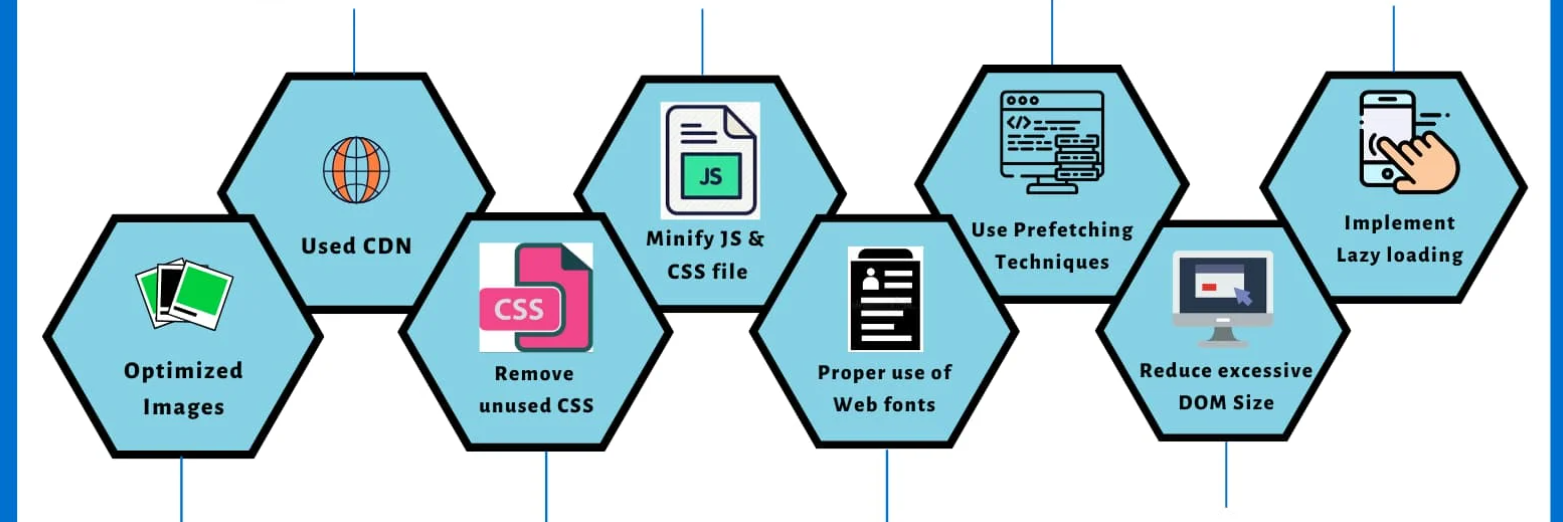Buzz Haven: Your Source for Trending Insights
Stay updated with the latest buzz in news, trends, and lifestyle.
Speed Thrills: How Fast Websites Win Hearts and Wallets
Discover why lightning-fast websites dominate online success and boost conversions. Speed is the secret sauce for winning hearts and wallets!
The Impact of Website Loading Speed on User Experience and Conversion Rates
The loading speed of a website plays a crucial role in shaping the overall user experience. Research shows that users expect a page to load in less than three seconds; anything beyond that can lead to frustration and increased bounce rates. When a website takes too long to load, visitors are likely to abandon it and seek alternatives. This emphasizes the importance of optimizing website speed through various methods, such as compressing images, leveraging browser caching, and minimizing HTTP requests, to ensure that your site is both engaging and user-friendly.
Furthermore, the impact of website loading speed extends beyond user experience to directly influence conversion rates. A slow-loading site can deter potential customers from making purchases, signing up for newsletters, or requesting more information. According to some studies, even a one-second delay in page load time can result in a significant drop in conversions, illustrating how critical it is to maintain optimal loading speeds. To capitalize on this, website owners should prioritize speed optimization strategies to enhance their site's performance and drive higher conversion rates.

5 Essential Tools to Analyze and Optimize Your Website's Speed
Website speed is crucial for user experience and SEO, making it essential to utilize powerful tools to analyze and optimize your site. Here are 5 essential tools that can help you improve your website's performance:
- Google PageSpeed Insights: This tool evaluates the performance of your website on both mobile and desktop devices, providing actionable recommendations to enhance speed.
- GTmetrix: GTmetrix offers detailed insights into your website's loading times and overall performance, helping you pinpoint elements that may be slowing down your site.
- Pingdom: Known for its user-friendly interface, Pingdom allows you to monitor your site's speed regularly and analyze the data over time.
- WebPageTest: This advanced tool provides in-depth reports on your website's speed, enabling you to test from multiple locations and browsers.
- LightHouse: A comprehensive tool developed by Google that audits your site's performance, accessibility, and SEO, ensuring a holistic approach to optimization.
Is Your Website Fast Enough? Common Speed Myths Debunked
In the fast-paced digital landscape, website speed has become a crucial factor impacting user experience and SEO rankings. Many people believe that having a fancy design or rich graphics on their website will inherently slow it down. However, this is a common myth. While complex designs can lead to slower load times if not optimized properly, it is not the design itself that is the problem. Factors like large image sizes, unoptimized code, and excessive third-party scripts play a far more significant role in affecting website speed.
Another prevalent misconception is that a faster website is solely defined by the speed of the server. While a reliable hosting service is important, website speed can still be dramatically affected by the way your site is constructed. For instance, using a Content Delivery Network (CDN) can greatly reduce load times regardless of your server's speed. Additionally, scripts that block rendering, excessive plugins, and not leveraging browser caching can all hinder performance. It's essential to focus on optimizing various elements of your site to genuinely improve your website speed.